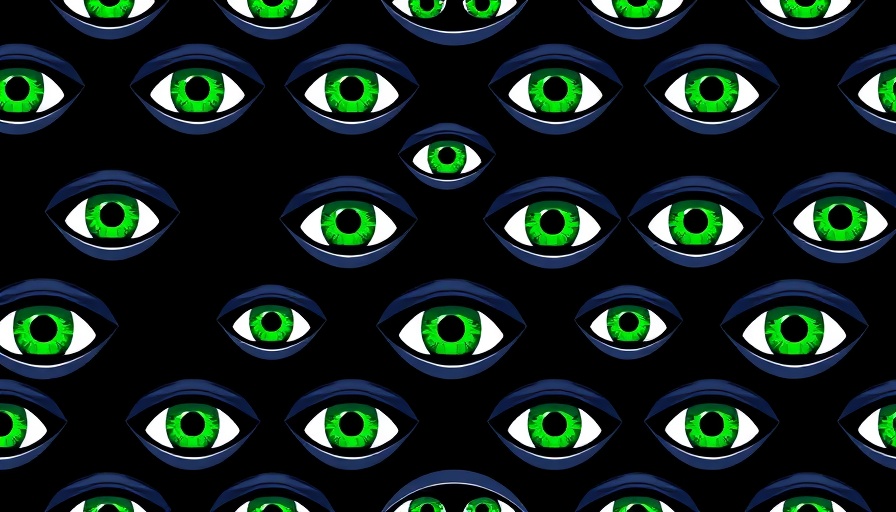
The Shocking Collapse of Cocospy and Its Clones
In a dramatic turn of events, Cocospy and its sisters Spyic and Spyzie, three stalkerware apps notorious for invasion of personal privacy, have gone offline following a major data breach. News emerged recently that these apps, which allowed users to spy on others by secretly monitoring their personal data without consent, were not only widely popular but also fundamentally flawed in their security practices.
Understanding Stalkerware and Its Impact
Stalkerware apps are designed to operate in the shadows, making them particularly challenging for unsuspecting victims to identify. They can access sensitive information such as messages, photos, and location data. According to reports, Cocospy and its counterparts were particularly egregious in terms of usage, as they were often marketed as legitimate parental control solutions or tracking software while being exploited for malicious spying without consent.
The Data Breach that Sparked Outrage
In February 2025, security researcher Chris Decker disclosed that these applications contained a significant security flaw that allowed unauthorized access to the personal data of millions. The vulnerability led to the exposure of approximately 3.2 million email addresses linked to users who had registered accounts on these spying services. This breach caught public attention and highlighted not only the dangers of using such apps but the implications of poor cybersecurity practices in the tech industry.
The Broader Landscape of Stalkerware Apps
This isn’t an isolated incident. The rise and fall of Cocospy reflect a worrying trend in the tech world; as the demand for surveillance software grows, so does the risk of data breaches and exploitation. In fact, at least 25 stalkerware operations have been breached since 2017, leading to business closures similar to Cocospy’s recent fallout.
Repercussions for Victims and Users
Although the Cocospy operation has ceased, implications persist for the victims who unknowingly had their data compromised. Experts recommend that individuals check for signs of such spyware on their devices, regardless of whether they see signs of the apps in their app drawer. The psychological burden of being spied on can be damaging, and removing spyware is crucial for regaining a sense of security and privacy.
The Legal Landscape Surrounding Stalkerware
Legally, the landscape surrounding stalkerware remains complicated. Many jurisdictions now classify the use of such software for non-consensual spying as illegal. Yet, the challenge remains in enforcement and the ability of victims to seek justice. Laws continue to evolve to protect victim's rights, but awareness and reporting remain critical components against such invasions of privacy.
Taking Action Against Stalkerware
Affected individuals must act proactively by ensuring that any suspicious apps are removed from their devices. There are dozens of resources available today aimed at helping users protect their privacy in the digital age. Notifications from security firms and websites indicate when personal data has been compromised, underscoring the importance of remaining vigilant in an era where our data is highly vulnerable.
Looking Ahead: What This Means for the Tech Industry
The abrupt shutdown of Cocospy might signify a turning point for the tech industry as firms face mounting scrutiny over their security practices. For consumers, the outcome raises awareness and emphasizes the necessity for stringent privacy protections and ethical development practices. As other stalkerware apps consider their sustainability, the call for transparency and accountability in the tech space will likely intensify with ongoing developments.
Ultimately, this incident serves as a crucial reminder of our shared responsibility in the digital landscape. The consequences of surveillance extend beyond just ethical concerns; they can carry heavy legal ramifications, making it vital for both consumers and developers to engage critically with technology's role in our lives.
 Add Row
Add Row  Add
Add 



Write A Comment